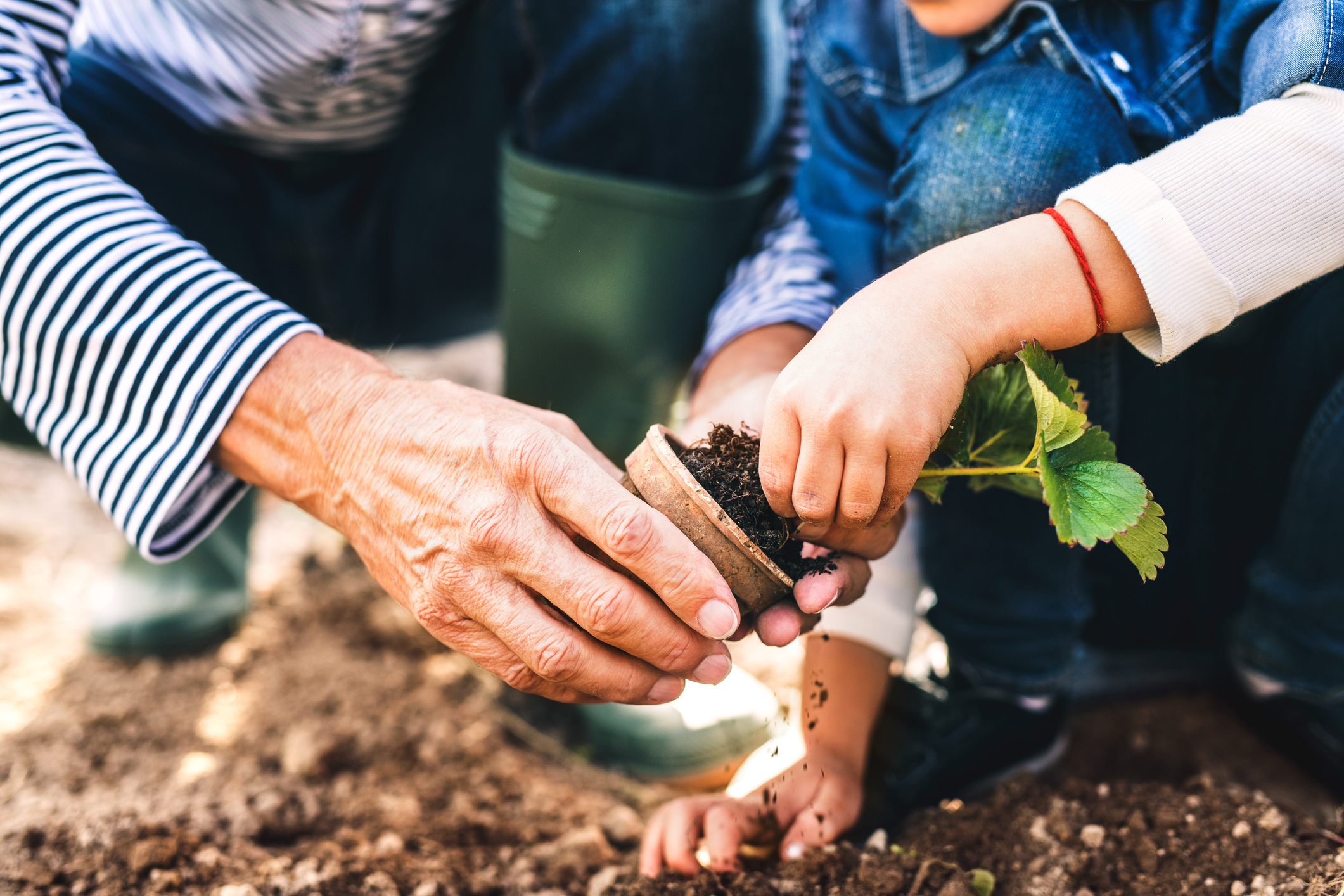
ALMOST one in 10 people planning to go abroad in the next year would consider bringing back plants with them, raising the chance of new pests and diseases arriving in the UK.
A poll for the Royal Horticultural Society (RHS) found more than half of people were planning a trip overseas in the next 12 months, and of those 9% would consider bringing back plants, seeds, bulbs, tubers or cuttings.
It could mean many holidaymakers bringing back plant material in their luggage and raising the risk of importing new pests and diseases that could damage gardens, the RHS said.
While there are some restrictions on importing plants in personal baggage, Britons travelling abroad should avoid bringing back any plants, the RHS urged as it unveiled the survey findings during the Chatsworth Flower Show.
British gardens face threats from new plants and diseases from abroad, such as “game changing” bacterium Xylella fastidiosa which can hit more than 350 different types of plant, with lavender, hebe, rosemary and flowering cherry at high risk.
Fuschia gall mite, which disfigures plants and is now rife in the South East, has been attributed to an enthusiast for the plant illegally importing cuttings from South America.
While clothes, alcohol and fridge magnets are the most common things bought on foreign holidays, plants, flowers, wooden items and seeds are among the items those quizzed for the poll say they have brought back.
Plants were bought from garden centres, supermarkets, local markets, or even collected from gardens or the wild.
Nearly a third (31%) of those responding to the survey of 2,066 people by YouGov are planning trips to Italy, France or Spain in the next 12 months – all countries where Xylella has already been found, the RHS said.
Its call to holidaymakers not to bring back plants from their foreign travels is backed by the Environment Department (Defra), which is launching a Don’t Risk It campaign this summer to raise awareness of the problems of bringing back cut flowers, fruit, vegetables and plant material from holiday spots.
Sue Biggs, director general of the Royal Horticultural Society, said: “For many people, wandering the olive groves of Italy and lavender fields of France are as much a part of the holiday experience as the cities and beaches.
“But we’re asking people to leave these beautiful plants where they are for future visitors to enjoy and not to bring them back home with them.
“This is vital if we are going to win the fight to protect our gardens against the growing threat of pests and diseases.”
Defra’s chief plant health officer Nicola Spence said: “We’ve invested more than £4.5 million to strengthen our border biosecurity, recruiting new plant inspectors and enhancing training.
“Our inspectors now make more interceptions of harmful organisms than any other EU member state.
“But we can’t eliminate all risks and we all have a part to play in protecting our plants and trees.
“Through our Don’t Risk It campaign we’ll be asking everyone to enjoy the exotic plants and flowers they see on their holidays but only bring them back to the UK in their memories and pictures.”

Enjoy the convenience of having The Sunday Post delivered as a digital ePaper straight to your smartphone, tablet or computer.
Subscribe for only £5.49 a month and enjoy all the benefits of the printed paper as a digital replica.
Subscribe